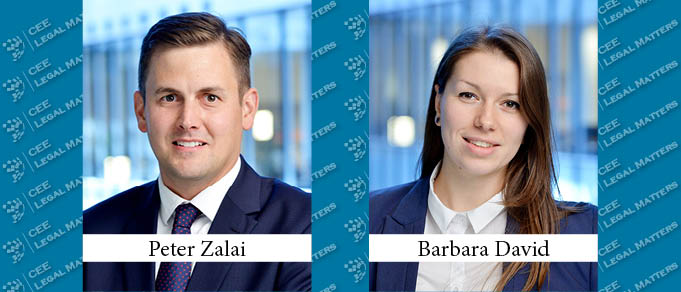Emerging new tendencies in economic activities have reached Hungary in the last few years. The most important driving force behind this change is the shifting of consumption into the online space, which inevitably entails a change in market structure. As a result, new products that are exclusively or partially available online have appeared, the geographical coverage of products has widened, and other services related to online consumption have become increasingly important. Social media, influencer marketing, and targeted advertisements all contribute to the popularity of the new market as well. Hungarian consumers are now able to fulfil a significant portion of their product and service needs through e-commerce channels. With the COVID-19 pandemic continuing to push economic activities online, the role of digital distribution channels has increased even more.
As a result of this economic evolution, the Hungarian Competition Authority is increasingly concerned about competition and consumer protection in the digital economy. In order to ensure more efficient actions, in 2018 the HCA published a mid-term strategy paper called “Digital Consumer Protection Strategy” presenting its views on consumer protection in the digital age.
Achieving the goal of effectively protecting the public interest by defending consumers’ decision-making process in the digital era, the strategy paper sets a toolbox. Apart from competition supervision proceedings as primary tools, the HCA takes the view that preventing competition law infringements via guidelines, soft law notices, and competition advocacy can be effective instruments as well. And indeed, over the past two to three years, the HCA has published several notices in order to help undertakings offering online services comply with competition law. These include, for example, notices regarding influencer marketing, advertising to children, and the recently published “green marketing” notice that assists undertakings in developing appropriate advertising practices regarding the environmentally friendly and sustainable nature of their products and services. In 2020, the HCA also compiled a Digital Comparison Tools market report, based on thorough research on the subject.
Despite its competition advocacy, the HCA is reporting an increasing number of unfair trading practices against consumers on digital platforms, and has thus recently initiated a large number of competition supervision proceedings and imposed unprecedented fines against operators of online services.
Since more consumer protection cases have been falling into the focus of HCA’s enforcement practice, a trend seems to be developing: HCA appears to be shifting its focus from launching complex and difficult-to-prove antitrust proceedings to consumer protection cases. This trend started at the end of 2019 with the HCA’s decision in the Facebook case, in which it imposed a fine of EUR 3.6 million on the company for advertising its services as free of charge, but failing to clarify that the users indirectly paid for the services by providing their personal data.
Another flagship case of the HCA’s recent enforcement practice is the Booking.com case, in which the HCA imposed a record fine of EUR 7 million on Booking.com for misleadingly advertising certain hotel rooms as available with “free cancellation” and for pressure-selling tactics such as adding statements such as “32 more people are also watching” or “one person is considering booking this accommodation right now.” the HCA considered this an unfair commercial practice due to its effect on the decision-making process of consumers.
As the classic consumer protection regulations are effectively applicable in the digital environment and commercial practices are easier to monitor in the online space, the HCA’s tendencies are expected to become even more prominent going forward.
By Peter Zalai, Partner, and Barbara David, Trainee, PwC Legal Hungary
This Article was originally published in Issue 8.2 of the CEE Legal Matters Magazine. If you would like to receive a hard copy of the magazine, you can subscribe here.



